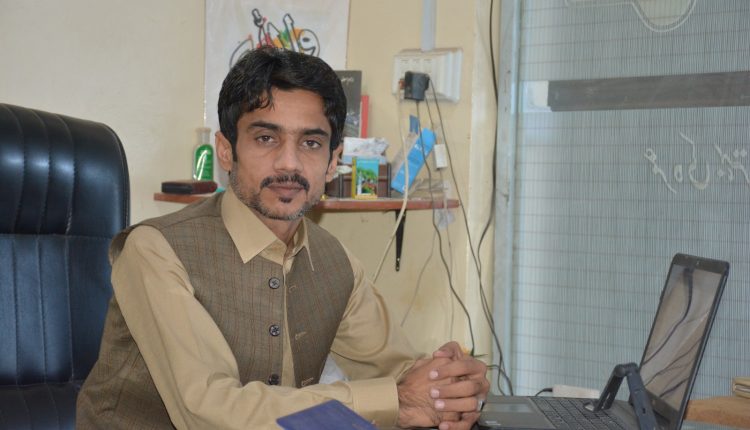By: Farooq Rind
Chagai District has become a hub of issues, where people face fundamental challenges such as health, education, and employment.
A society is considered developed when its people have access to their basic rights. However, even in this modern era, the people of Chagai are forced to live lives a century old.
The question is, how long will the people of Chagai continue to live in poverty and deprivation?
The people need to reflect on this situation and understand that it is essential to eradicate the culture of the elite. To bring change, we must support the middle-class leadership, transform ourselves, and raise our voices for our rights.
As long as basic rights and issues are not resolved, people will remain trapped in lives of backwardness.
The only way out of this backwardness is the promotion of education. We must educate our children, especially our daughters.
Until we struggle for education, we will not know what our basic rights are and how we can obtain them.
Chagai, a border district, is rich in natural resources. Its mountains hold abundant mineral reserves.
The borders with Pakistan, Iran, and Afghanistan meet here, and international routes pass through the district.
God has granted this district special importance, yet its people still live in dire conditions.
Chagai, which spans 44,000 square kilometers, has unique importance.
International and multinational companies are investing here, yet the district’s development is limited to words and photo sessions.
Building just one school or hospital will not solve the problems. We need to understand the importance of the district and make full use of its resources.
Despite Chagai’s significance, its people are deprived of basic resources.
Who is responsible for this? Is it the public representatives, tribal biases, or our own divisions? We need to consider all these factors.
We must unite as one nation, with one voice, to struggle for solutions to our problems.
We must rise above political, regional, and tribal biases to foster collective consciousness.
In terms of health, there is no satisfactory facility across the district.
Transportation is in such poor condition that we are still forced to travel on broken roads.
The education system is appalling, and poverty prevents us from providing our children with higher education. Clean water and electricity are also in very poor condition.
Our biggest issue is that we fight for personal goals but fail to focus on collective problems.
We must move away from sycophantic behaviors and adopt collective thinking.
Today, if we put aside the world’s progress, we are still years behind our neighboring districts, despite our rich mineral resources.
To find employment, we are forced to bow down to others, even though it is our basic right.
If we waste our time now, there will be nothing left in the future.
No political leader has tried to show the people the right path.
Whoever comes to power pursues personal gains and then ignores the people.
We need to think carefully even during elections. Relying on money and the elite repeatedly is not wise.
The time has come to break the cycle of our 75 years of backwardness and become a strong voice for our rights.
For this, we must adopt awareness, education, and collective thought.

